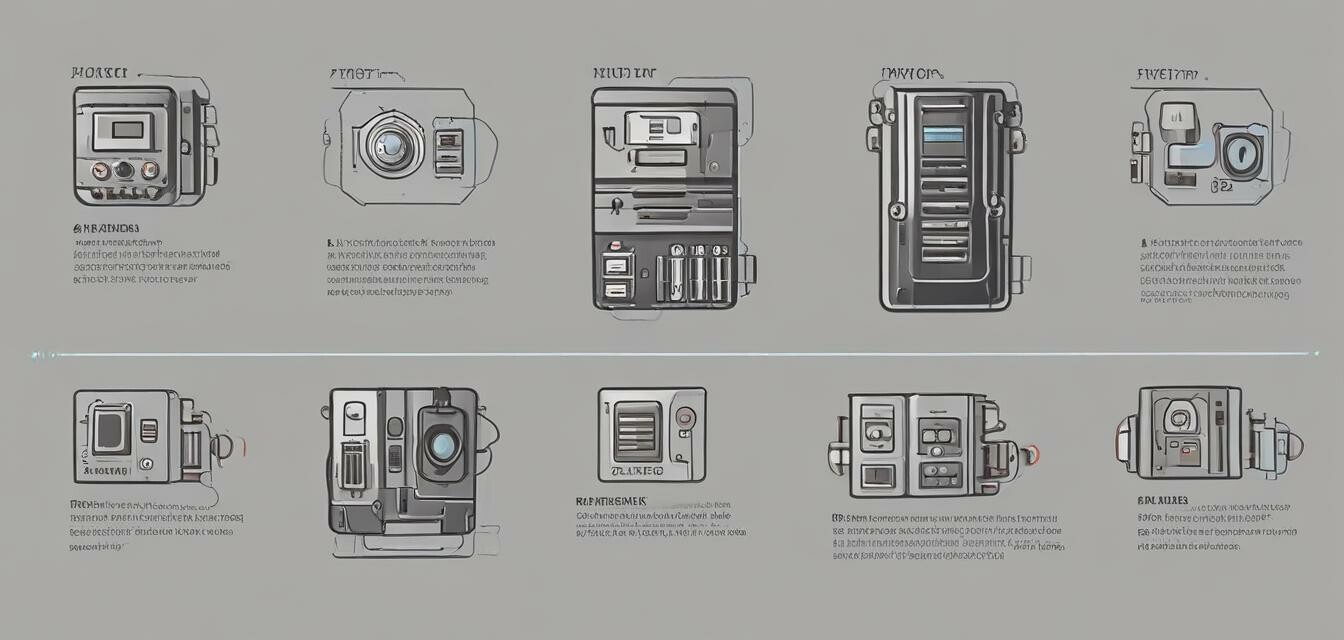
Understanding the Limitations of Your Portable Power
Key Takeaways
- Portable power solutions have finite capacities that can vary significantly.
- Understanding wattage ratings is crucial for effective usage.
- Different solutions are designed for various scenarios, such as home backup, camping, or emergency situations.
- Regular maintenance and proper usage can extend the lifespan of your portable power devices.
- Plan your energy needs effectively to avoid overextending your portable power sources.
When the lights go out or you’re heading into the great outdoors, portable power solutions can be lifesavers. However, it's important to recognize their limitations to maximize their effectiveness without running into problems. Let’s dive into understanding these limitations and explore how to best utilize these assets to keep you prepared.
The basics of portable power solutions
Portable power solutions can take many forms, each tailored for specific use cases. Below are the standard types you may come across:
| Type | Typical Use | Limitations |
|---|---|---|
| Battery Backup Systems | Home energy backup during outages | Limited runtime based on stored energy |
| Portable Generators | Power tools, outdoor events | Fuel-dependent, noise pollution |
| Portable Power Stations | Camping, small device charging | Battery capacity restricts usage |
| Solar Charging Kits | Remote energy generation | Weather-dependent efficiency |
Understanding wattage ratings
Every portable power source has wattage ratings that dictate how much power they can supply at any given time. This is crucial for understanding how long specific devices can run on battery. Below is a basic breakdown:
- Running Wattage: The power needed to keep a device running.
- Starting Wattage: Additional power required to start appliances (think refrigerators or power tools).
Common portable power challenges
Recognizing some challenges can help prevent disappointment during critical moments:
- Inadequate power supply: Attempting to power too many devices at once can lead to overload.
- Insufficient charging: If a power source isn't charged beforehand, it can result in unexpected outages.
- Misunderstanding capacity: Users may fail to recognize that certain devices consume more power than the portable power solution can handle.
Best practices for maximized efficiency
To ensure that you are getting the most out of your portable power sources, consider these best practices:
- Evaluate your energy needs before using a portable power solution.
- Prioritize which devices need power; consider life-sustaining equipment first.
- Regularly check your battery health and perform maintenance.
- Store your portable power solutions in a cool, dry place to preserve battery life.
Using portable power for different scenarios
Different environments require varying applications of portable power:
| Scenario | Recommended Solution | Common Devices |
|---|---|---|
| Home backup | Battery Backup Systems | Refrigerators, lights |
| Campsite convenience | Portable Power Stations | Phones, camping lights |
| Work site | Portable Generators | Power tools, work lights |
| Remote locations | Solar Charging Kits | Small electronics |
Conclusion
Understanding the limitations of your portable power solutions will set you up for success, whether for emergency backups or outdoor adventures. By evaluating your energy needs, practicing effective usage, and understanding the limitations, your portable power devices can shine when you need them most.
Pros
- Portable energy access in times of need.
- Versatile applications from home to outdoor use.
- Increased preparedness for emergencies.
Cons
- Limited power capacity can lead to device incompatibility.
- Maintenance is required for longevity.
- Charging can be weather-dependent in some cases.
If you're looking to enhance your emergency energy backup knowledge, check out our Preparedness Tips for essential advice. To delve deeper into various portable power options, visit our Portable Power Stations page.
By being aware of your portable power limitations and using them appropriately, you can maintain peace of mind and stay prepared for whatever life throws your way.
